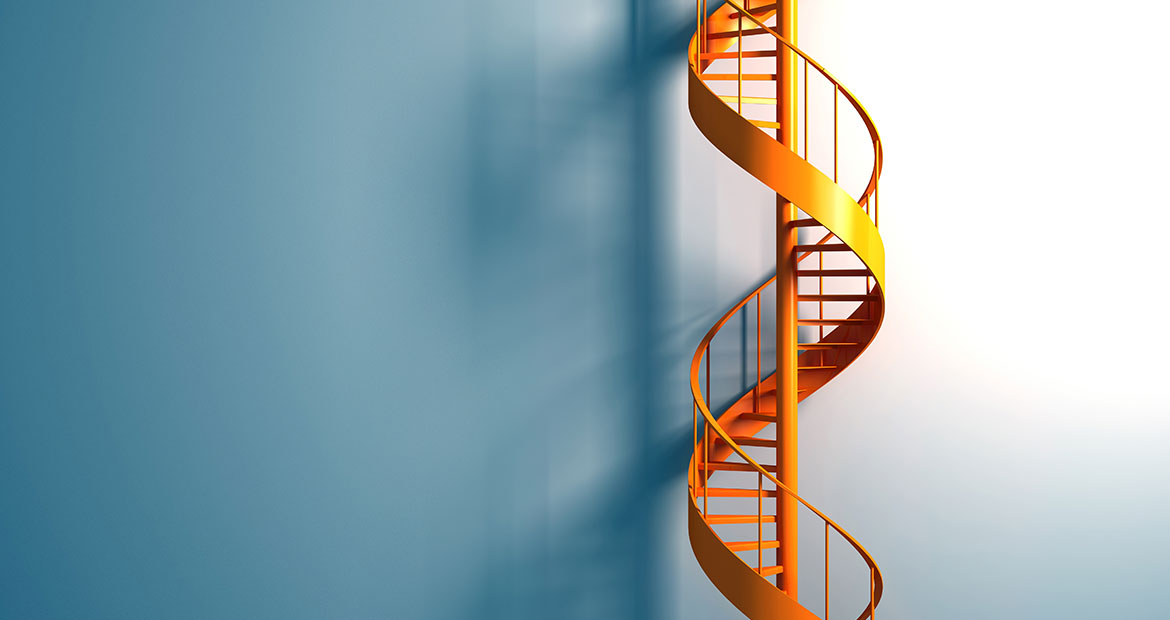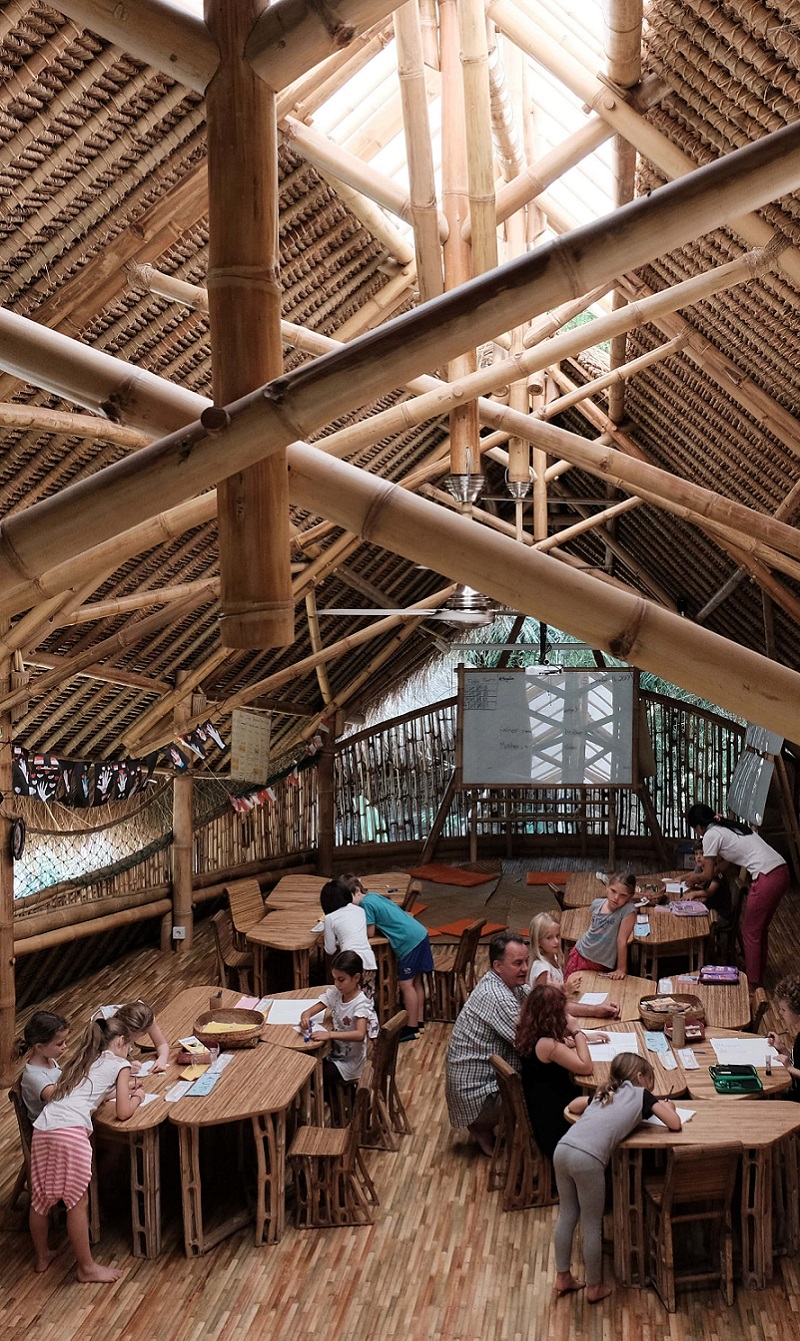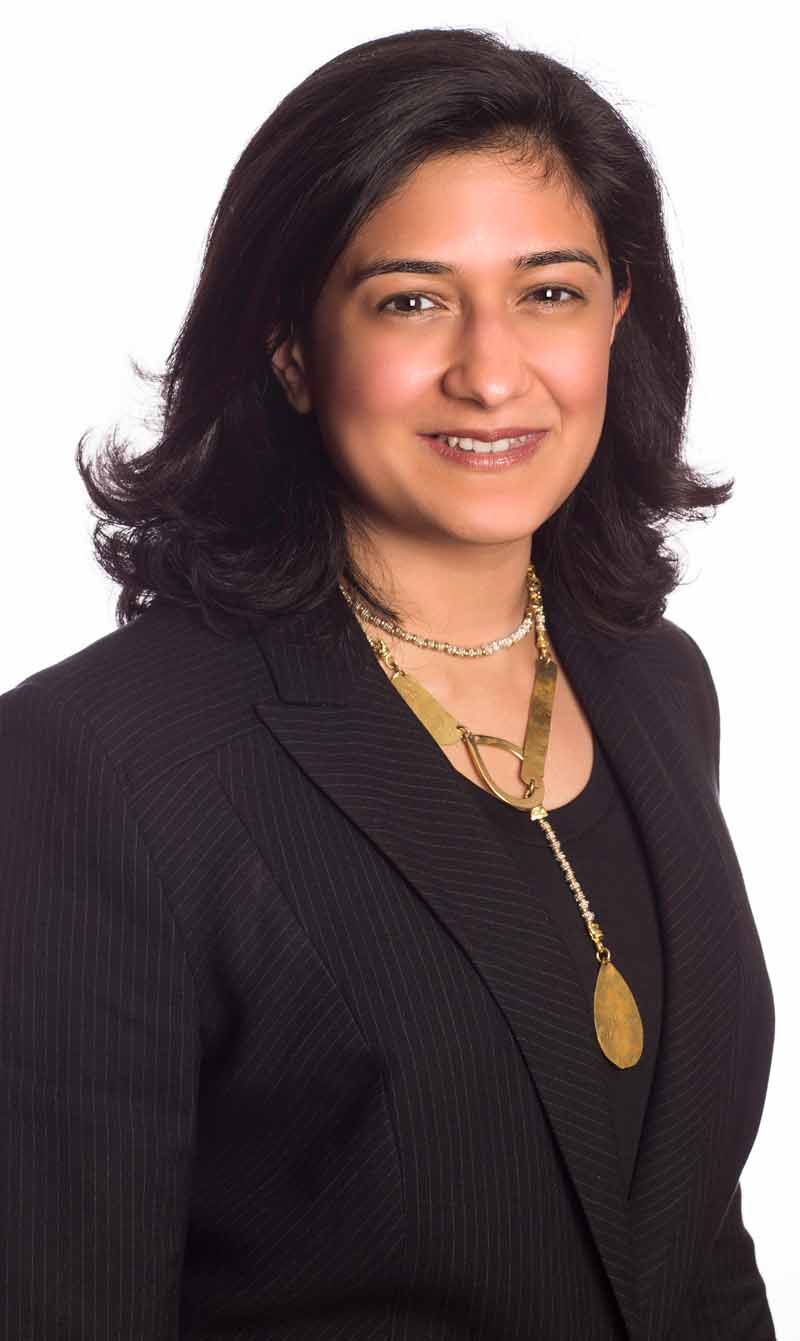The endless halal industry
One global system one endless halal industry
The halal label has gone beyond being merely a certification associated with religion, but is gradually becoming a universal symbol of good quality and wholesomeness. With an estimated worth of US$2.3 trillion, the global halal market has now expanded beyond the food sector to include pharmaceuticals, cosmetics, health products, toiletries and medical devices, travel and tourism, fashion, as well as service sector components such as logistics, marketing, print and electronic media, packaging, branding, and financing. These new sectors, combined with the power of the growing Muslim population (1.8 billion and counting), make the halal market a global force to be reckoned with.
A sustainable halal ecosystem
“Over the past decade, halal has emerged as the defining parameter of a new market paradigm, one based on broad religious foundations that also have a clear resonance with other eco-ethical values that have already gained market traction,” said Abdalhamid David Evans, Senior Analyst, Imarat Consultants, United Kingdom.
The expansion of the global halal market into an entire ‘ecosystem’ encompasses the halal supply-chain from farm to fork, and even includes the finance side of the business, such as whether Islamic banks are involved or not.
“An integral part of the ecosystem is the quality control, standardisation and certification. Because an increasing part of components are purchased and assembled worldwide, it is necessary to ensure halal guarantee for the ecosystem,” said Dr Cedomir Nestorovic, Professor with the Management Department, Essec Asia Pacific, Singapore.
The establishment of a sustainable halal ecosystem in a new market depends on whether the country has a Muslim majority or minority population. “In the case of the Muslim majority country, state support is essential because the government will push towards the adoption of the ecosystem.” Dr Cedomir explained, adding that cooperation among OIC members is a must.
“In a Muslim minority country, the private sector involved in any halal industry will have to implement a comprehensive approach, if the ecosystem is pro table to them. Alternatively, consumers who are aware about the pitfalls in ecosystem can push companies, through collective actions such as boycotts, to adopt a stringent and checkable ecosystem,” Dr Cedomir added.
Abdalhamid agreed that both the public and private sectors have a role to play.
“The government has to provide a conducive environment for the private sector to develop and grow, including the multinationals, and most importantly, a new generation of entrepreneurs who can see fresh opportunity, and grasp it.”
According to Abdalhamid, other models of a sustainable halal ecosystem could be based around many different value-chain elements, such as sustainable agricultural development, value-adding processes, specialist logistics services, or even training, research and education.
“Globally, the leaders of both public and private sectors need to collaborate on how to create the essential regulatory frameworks that will encourage sustainable growth,” he stressed. “There has to be harmonisation across the national or regional regulatory frameworks, in order for the market to have clarity and sufficient transparency to encourage investors to come in.”
A global standard
As halal standards are set by the respective religious authorities of a particular country, they vary across different countries. According to Dr Anwar Ghani, Former President of FIANZ (The Federation of Islamic Associations of NZ Inc.) and Chairman of Halal Advisory Council, New Zealand, the differences in the various halal standards are not fundamental. “The differences are mainly due to different interpretations of some of the secondary issues, for instance the way Istehala and Makrooh are interpreted, or the use of stunning in the commercial production of meat and poultry,” he explained.
However, Dr Anwar acknowledged that there were challenges to achieving a global halal standard that would apply across all the countries. “Firstly, there are variations in the interpretation of the Shariah. There is also lack of co- operation between Muslim scientists and Muslim scholars in developing standards, not to mention lack of co- operation between Islamic countries.”
He added that there could also be lack of transparency in the way halal standards are developed and implemented. Individual countries could also be serving their own regional and political interests, which get in the way of global harmonisation of standards. Nonetheless the religious authorities of several countries, including the GCC, Malaysia, Indonesia, Saudi Arabia, Kuwait, South Africa, Pakistan, Turkey and New Zealand, are working towards establishing a global halal standard.
The benefits of a global halal standard, said Dr Anwar, is that “production and distribution will be better, food will be cheaper, compliance costs will decrease, consumer confidence will increase, and business efficiency will be enhanced. It will also demonstrate unity in diversity among Islamic countries and consumers.”
For companies wishing to supply the halal market, said Datuk Fadilah Baharin, Director General, Department of Standards Malaysia, having different standards becomes an extra cost: “If there are different sets of Halal standards, it will mean preparing my food according to different standards (for different markets). But if it is one global standard, then it’s easy. I can package it and sell to all countries.”
Growth of the halal industry
Soon, halal requirements may no longer be a luxury, but a norm, for both Muslim and non-Muslim consumers worldwide.
“The halal industry shares common values with other growth trends such as organic food, non-cruelty to animals and sustainable development. Halal is also very much linked with the concept of tayyib, meaning wholesome, pure food. If the halal industry can succeed in merging all these trends with halal, the majority of the world population, which is not Muslim, would also be interested in halal products,”
said Dr Cedomir.
“Even the non-Muslims… are assured that whatever has gone through the halal process is clean,” said Fadilah and because of this demand, she explains, even countries like China, India, Korea, Japan are getting into the game. Abdalhamid described the growth of the halal industry as a ‘perfect storm’, with a convergence of common interests across the political, corporate and entrepreneurial circles.
In particular, he remarked on the opportunities available for entrepreneurs. “The rise in eco-ethical values, and the growing demand across the world for more honesty, transparency, and sustainability is in direct opposition to the decades of corporate greed that has held the global economy to ransom.”
The halal market is relatively young, vibrant and has plenty of room for growth. Abdalhamid was confident that companies, which can carve out a successful niche in the halal market, would have a foundation for sustained growth and be able to generate a higher degree of consumer loyalty. Dr Cedomir saw clear advantages for companies to enter the halal market. “It permits them to access new markets either in their country or abroad. It also pushes them to innovate in terms or products or processes, which can be extended to other markets.”
As the global halal market diversifies across more sectors, the business opportunities are almost endless. He asserted,
“If halal is a generic term covering all aspects of life, then there are no limits to the halal industry,”





